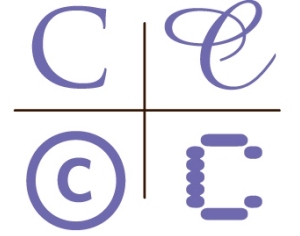 Credo Reference is integrating text-to-speech technology from ReadSpeaker into its Literati full-text reference line of offerings. The text-to-speech functionality is already available for Literati Public and will soon be added to Literati Academic, Literati School, and Literati Student Athlete. The latter two products were launched earlier this year.
Credo Reference is integrating text-to-speech technology from ReadSpeaker into its Literati full-text reference line of offerings. The text-to-speech functionality is already available for Literati Public and will soon be added to Literati Academic, Literati School, and Literati Student Athlete. The latter two products were launched earlier this year.
“Text to speech removes barriers for auditory learners, learners who are visually impaired and those who are learning English as a second language,” Carol Helton, Credo’s Executive Vice President of Marketing and Customer Solutions, said in an announcement. “ReadSpeaker pioneered online text to speech in 1999, so we are very excited to leverage their experience, expertise and technologies to make Literati an even stronger solution for libraries and the diverse user base that they serve.”
The move comes as several library organizations are embarking on more focused efforts to address the need for accessibility with digital content. In November, the Association of Research Libraries (ARL) issued its Report of the ARL Joint Task Force on Services to Patrons With Print Disabilities. The report notes that “over the last two years, there have been a growing number of complaints filed by print disabled individuals in academic and non-academic institutions in the US regarding use of inaccessible IT products and services…. There is a growing sense of urgency regarding how best to effectively address these technology-based accessibility challenges in research libraries and in the broader institutional setting.”
And in related news, the Institute of Museum and Library Services last month issued an advisory regarding e-book reader lending programs. The advisory begins by noting that “Establishing or maintaining a program of lending technological devices when the technology is inaccessible to an entire population of individuals with disabilities is discrimination prohibited by Section504 of the Rehabilitation Act of 1973 (Section 504) and the Americans with Disabilities Act of 1990 (ADA), unless those individuals are provided accommodations or modifications that permit them to receive all the benefits provided by the technology in an equally effective and equally integrated manner.”


